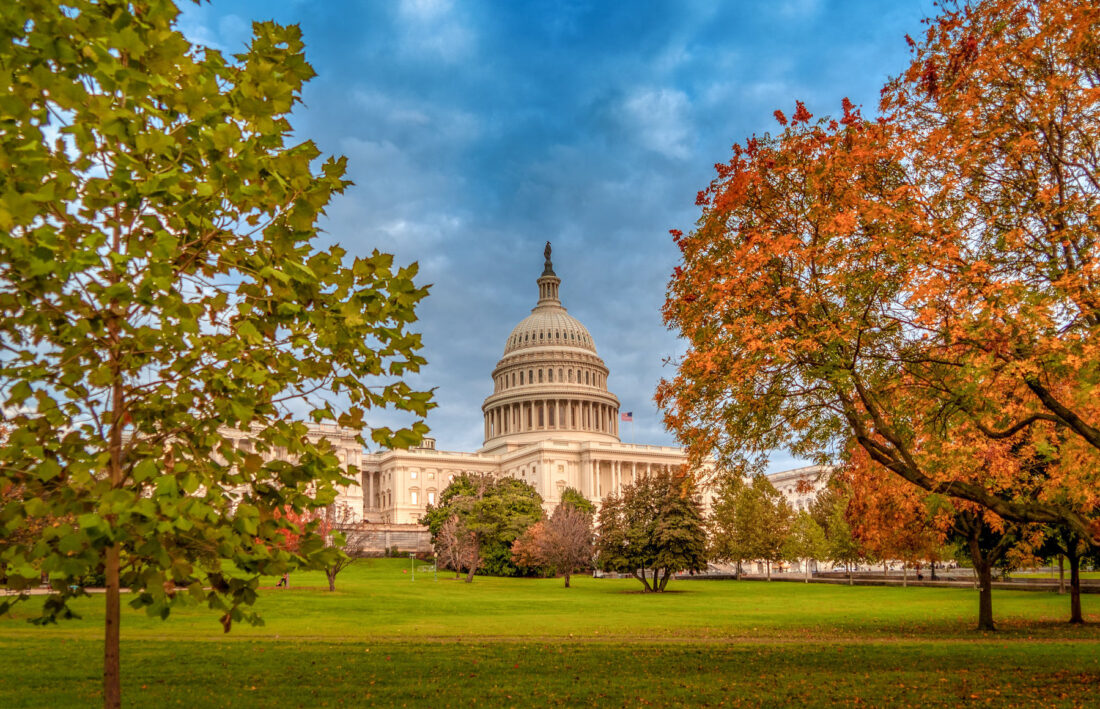TOP LINE
After a House Administration Subcommittee hearing focused on the personal rather than the institutional aspects of the Office of Congressional Ethics, we take a deeper look at why that office is vital to an ethical Congress.
Congressional unions scored an historic win for committee staff and others.
This week both chambers are in session through Friday after the Juneteenth holiday.
The full Senate Appropriations Committee plans to complete markups for the Agriculture and MilCon/VA bills at the funding levels set by the debt ceiling agreement, teeing up a conflict with House Republicans who are reneging on the deal. Meanwhile, House Appropriators will have a full committee markup on Wednesday for Leg Branch and Homeland Security, and on Thursday a full committee markup for Defense and Energy & Water.
Senate Armed Services Committee will have a series of closed hearings on the NDAA while the House will hold its markup of the bill Wednesday morning.
The Congressional Data Task Force will hold a quarterly meeting on Thursday from 2-4 PM in B-248/B-249 Longworth. If you care about congressional data, this open meeting is for you. RSVP and catch up on what happened in March.
A bipartisan quartet of members have circulated a Dear Colleague letter inviting cosponsors for the PRESS Act, an important journalist shield law, which the House passed unanimously last Congress but was blocked by a lone senator on a spurious basis. In light of the recent death of American hero Daniel Ellsberg, who told the truth about Vietnam at the risk of his freedom, we should make sure that the government cannot compel the press to spill on their sources.

